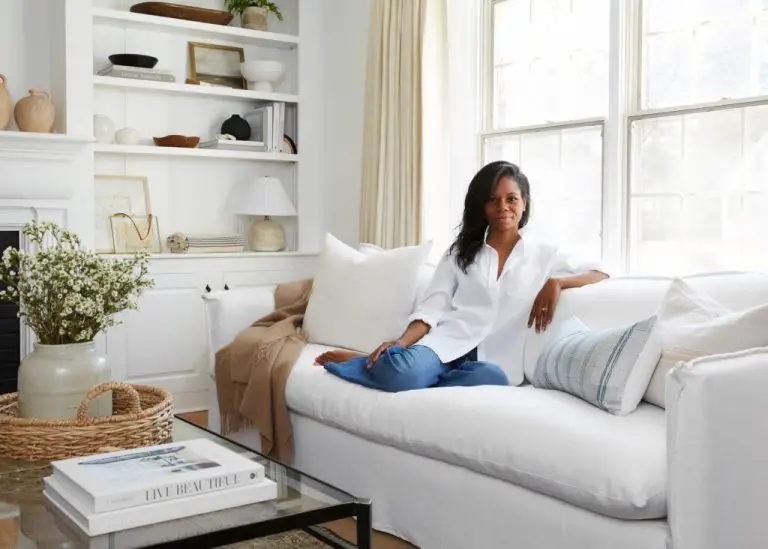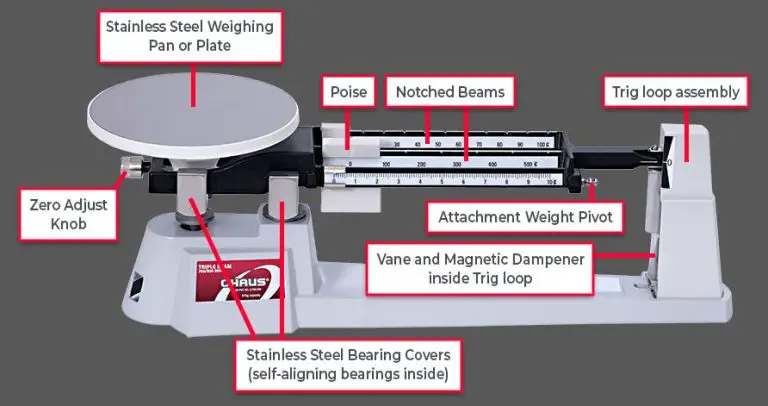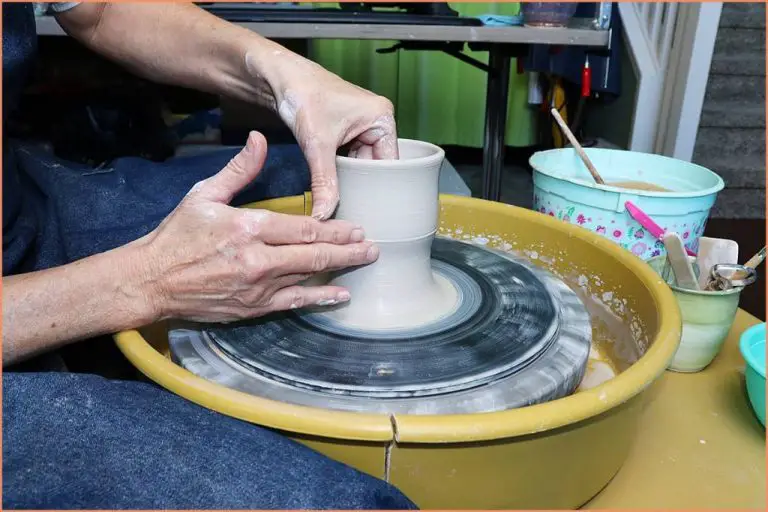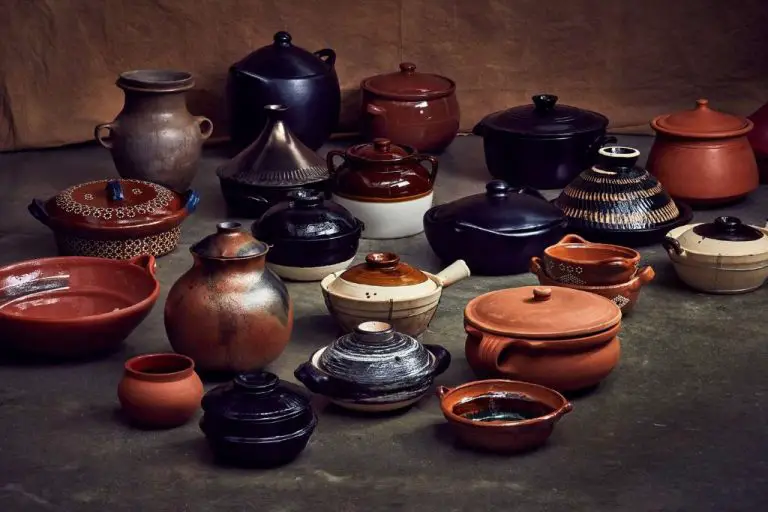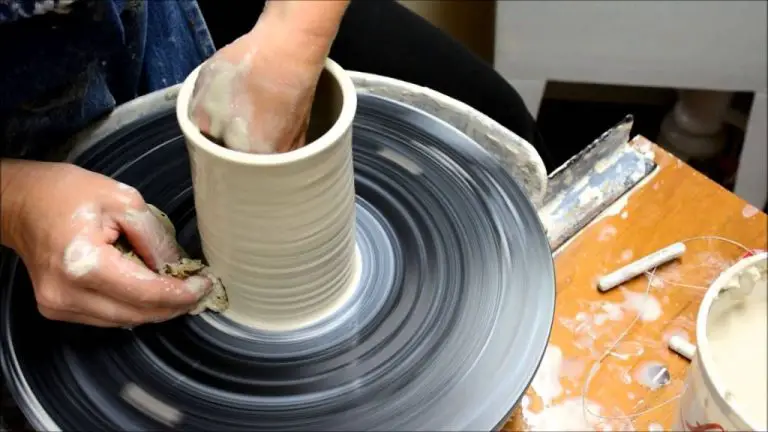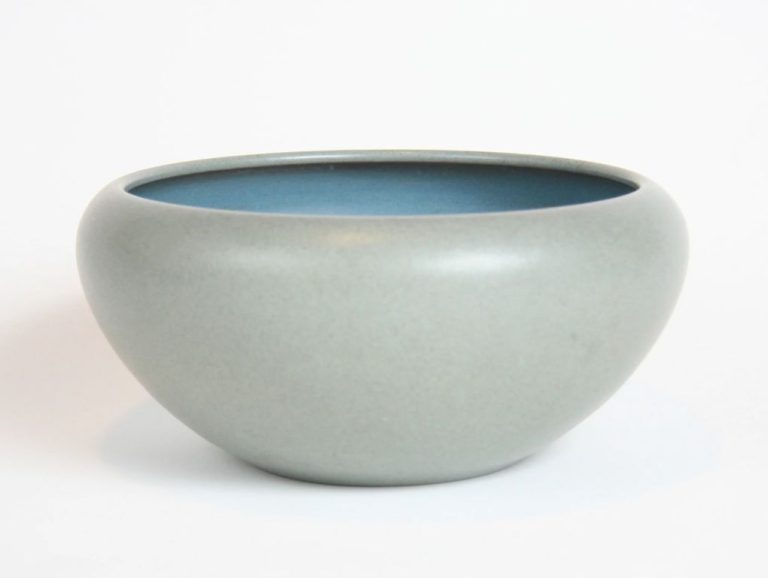Can You Wear Jeans To Detroit Opera House?
The Detroit Opera House originally opened in 1922 and is located in downtown Detroit at the intersection of Broadway and Madison Streets near Grand Circus Park (Detroit Opera House History, n.d.). Designed in an ornate Italian Renaissance style, the theater has a seating capacity of 2,700 and hosts productions from the Michigan Opera Theatre as well as touring Broadway shows, concerts, and more. The Opera House underwent an extensive $60 million renovation in 1996 that restored much of the interior’s original 1920s architecture and grandeur (Detroit Opera House, n.d.). With its long history and architectural significance, the Detroit Opera House remains one of the premier performing arts venues in Detroit.
Sources:
Detroit Opera House History. (n.d.). Retrieved from https://detroitopera.org/about-us/detroit-opera-house-history/
Detroit Opera House. (n.d.). In Detroit Historical Society. Retrieved from https://detroithistorical.org/learn/encyclopedia-of-detroit/detroit-opera-house
Dress Code
According to the Detroit Opera House’s official website, they do not enforce a strict dress code for performances https://detroitopera.org/plan-your-visit/faq/. The Opera House states that attendees may see a range of outfits from evening gowns to blue jeans, with most patrons opting for business attire or smart casual wear. Similarly, Broadway in Detroit notes on their FAQ page that there is no explicit dress code and most guests dress in business casual attire https://www.broadwayindetroit.com/your-visit/faq/.
So in summary, the Detroit Opera House does not have a formal dress code policy. Patrons wear a range of outfits from formalwear to casual jeans and t-shirts. Most guests opt for business casual or smart casual attire. While formal dress is not required, patrons may want to avoid ripped, soiled or overly revealing outfits out of etiquette.
Jeans
The Detroit Opera House does not have an official dress code policy that prohibits jeans, but the venue does encourage patrons to dress up for performances. While jeans are allowed, they are considered casual attire. According to the Detroit Opera House’s FAQ page, “Most people dress somewhere in between, i.e., business attire or cocktail attire” (https://detroitopera.org/plan-your-visit/faq/).
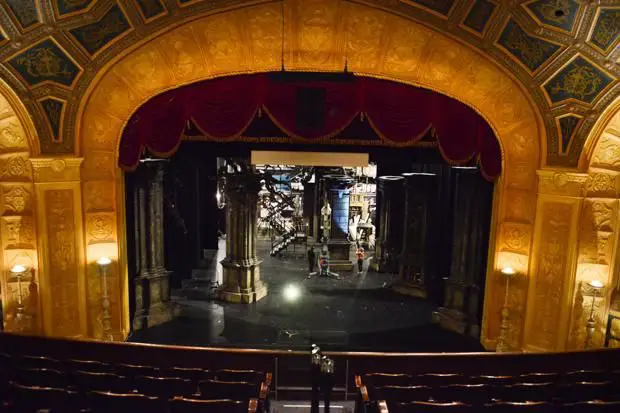
So while you can certainly wear nice dark-wash jeans, it’s recommended to dress in business casual attire or higher if possible. Jeans without rips or fading paired with a blazer and dress shoes would be one way to elevate casual jeans. But dressing up in cocktail attire or formalwear is also welcomed and common at the Detroit Opera House.
Other Casual Attire
While jeans may not always be appropriate, there are other more casual clothing items that can work for attending the opera in Detroit. According to Detroit Opera House’s FAQ page, clothing such as khakis, casual pants, polos, button-down shirts, sundresses, and blouses are usually acceptable.
Items like t-shirts, shorts, ripped or distressed jeans, athletic wear, and flip flops would likely be too casual for most performances. Sticking to neat, clean, and tidy casual attire is a good bet. As long as you avoid looking like you just came from the gym or the beach, you’ll probably meet the venue’s standard dress code.
For women, a nice blouse with a skirt or pants is a great option. For men, pair clean khakis or casual dress pants with a collared shirt or sweater. As long as the overall outfit looks polished and put-together, it will work for most shows at the Detroit Opera House.
Formal Attire
When attending the opera at the Detroit Opera House, formal attire is typically expected and highly recommended. For men, formal attire usually consists of a tailored dark suit, such as a black or navy two-piece suit, along with a collared dress shirt, conservative tie, dress shoes and dress socks. According to Nimble Made, “Choose Elegant Attire: Opt for formal or semi-formal attire that exudes sophistication. For men, this could be a well-tailored suit or blazer with dress pants, a collared shirt, conservative tie, and dress shoes” (Nimble Made).
For women, formal evening gowns, cocktail dresses, dress suits, or long skirts with formal blouses are recommended. As WikiHow suggests, “Formal suits are always appropriate for the opera, no matter the dress code. Go the traditional route with a black, single-breasted jacket or choose something more fashion-forward like a skirt suit in a bright, bold color” (WikiHow). Accessories like dress shoes, jewelry, clutches, and formal wraps or stoles complete the formal opera look. Dressing up for the opera shows respect for the art form and adds to the sophisticated atmosphere.
Benefits of Dressing Up
Many opera enthusiasts believe that dressing up for the opera enhances the overall experience. There are several reasons why dressing formally can add to the magic of the opera:
First and foremost, dressing up shows respect for the art form and the performers. Opera is a highly refined art that showcases incredible talent and dedication from the artists involved. By dressing up, audience members are demonstrating that they appreciate the effort that goes into staging an opera production.
Additionally, formal attire can help audience members get into the right mindset to enjoy the artistry of opera. Donning an elegant outfit allows patrons to detach from the cares of everyday life and truly immerse themselves in the drama unfolding onstage. As one opera blogger states, “Dressing the part elevates the experience from something casual to something transporting and special.” (Source)
Dressing formally also allows patrons to engage in the time-honored tradition of getting dressed up for a night at the opera. For centuries, the opera has been regarded as an event where people don their finest apparel. Continuing this tradition enhances the sense of occasion.
Finally, wearing formalwear adds an extra element of glamour and sophistication to the opera-going experience. Seeing a sea of elegant outfits can make the event feel even grander. For many opera lovers, getting dressed up and seeing others do the same is part of the pleasure of attending the opera.
When Jeans Are Allowed
Though not prohibited, jeans are typically not worn to performances at the Detroit Opera House except under certain casual circumstances according to sources (https://detroitopera.org/plan-your-visit/faq/, https://www.cbsnews.com/detroit/news/detroit-ballet-guide/). There are some exceptions when jeans may be more acceptable:
- For less formal events or productions, such as opera previews or children’s performances
- If sitting in the upper tiers or nosebleed sections rather than premier seats
- When attending rehearsals and behind-the-scenes events where dress code is more relaxed
- For students or younger attendees on a budget without formal attire
However, for most evening performances and premier showings, patrons tend to wear more formal attire out of respect for the venue and occasion. Jeans are thus not recommended, though also not explicitly prohibited if other factors necessitate more casual wear.
Alternatives to Jeans
While jeans are acceptable for most performances at the Detroit Opera House, there are dressier options you may want to consider instead. Here are some stylish alternatives that will make you look dressed up while still comfortable:
For women:
- Ankle pants or cropped dress pants with a blouse or nice sweater
- Dressy leggings with tunic tops or long sweaters
- Skirts or dresses with tights and boots or heels
- Slacks with a blazer and blouse
For men:
- Khaki pants or chinos with a button-up shirt
- Dress pants with a sports jacket or sweater
- Dark jeans with dress shoes and a blazer
- Corduroy pants with a collared shirt
Opting for these dressier looks over jeans, while still comfortable, shows respect for the occasion and gives your outfit a more polished appearance. With the addition of some accessories like jewelry or a scarf, you can look stylishly dressed up without feeling overdone. Just avoid shorts, graphic t-shirts, ripped or distressed jeans, and flip flops or sneakers.
Etiquette Tips
When attending the opera, following proper etiquette helps ensure an enjoyable experience for yourself and fellow audience members. Here are some key tips to keep in mind:
Arrive early – Plan to arrive at least 15-20 minutes before the performance starts so you can find your seat without disturbing others. This also allows time to check coats and bags if needed (Utah Opera).
Dress appropriately – Formal attire like cocktail dresses, suits, and tuxedos used to be standard opera attire but most opera houses today don’t have strict dress codes. Darker wash jeans paired with a blazer or dressier top are generally acceptable, but avoid ripped or distressed jeans (The Gentleman’s Gazette).
Silence electronic devices – Make sure to turn off cell phones, cameras, and any other electronics before the performance begins as a courtesy to performers and other patrons (Golden Rules Gal).
Limit distractions – Once the performance starts, avoid unnecessary noise and distractions. Whispering should be kept to an absolute minimum and any lengthy conversations should take place in the lobby during intermission.
Remain seated – Try to stay seated during the performance. If you must exit, wait for an appropriate break in the music. Stand aside to allow others to pass and be sure to close doors quietly.
Applaud at the right moments – Follow the lead of more experienced audience members for when to clap. Applaud at the end of musical pieces and acts. Stand and applaud at the end of the full performance if you enjoyed it.
Be respectful – Keep an open mind about productions and vocal styles. Operas reflect the time period in which they were written and use symbolism and creative staging. Not every performance will appeal to every taste.
Conclusion
To summarize, the dress code at the Detroit Opera House typically leans more formal than casual. While jeans are not expressly prohibited, they are generally not recommended unless it’s a specific “casual night” event. The opera house wants patrons to have an elegant, upscale experience which jeans may detract from. For most performances, opt for business formal, cocktail attire, or at minimum business casual to respect the venue. But the most important thing is to be comfortable, so check the specific dress code when purchasing tickets. With proper attire and etiquette, you’re sure to have a magical night at the opera.

